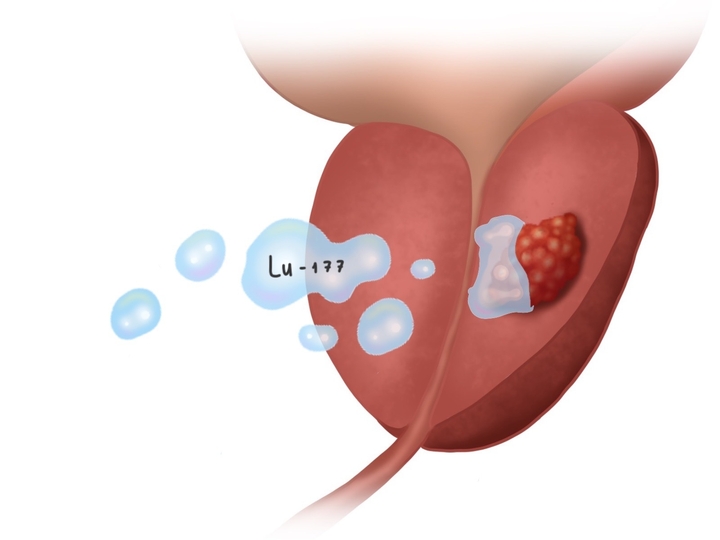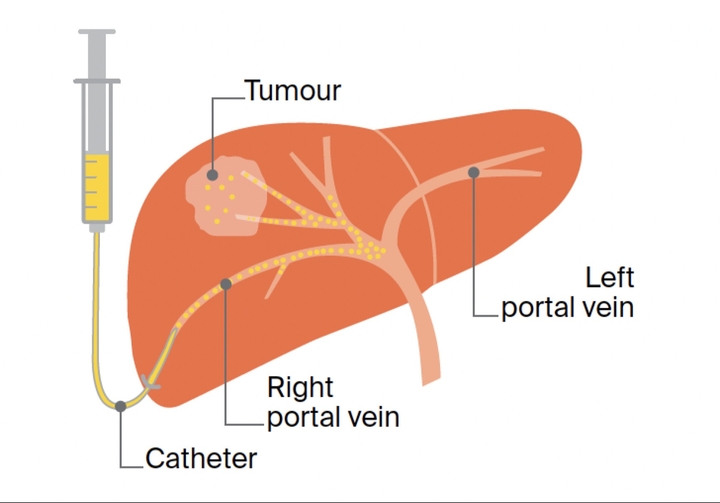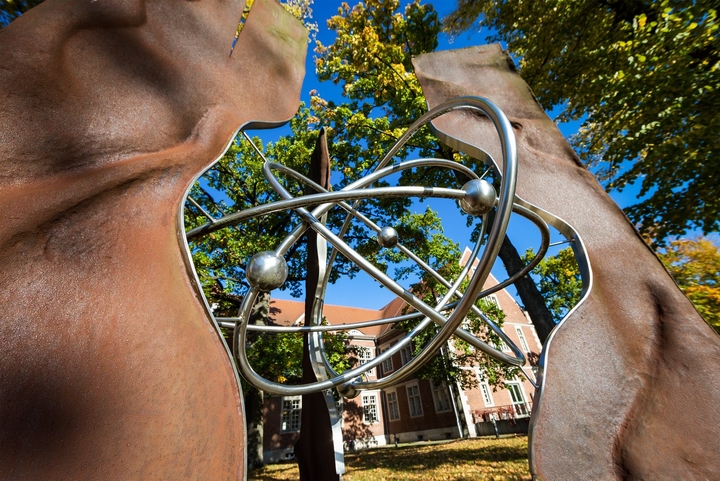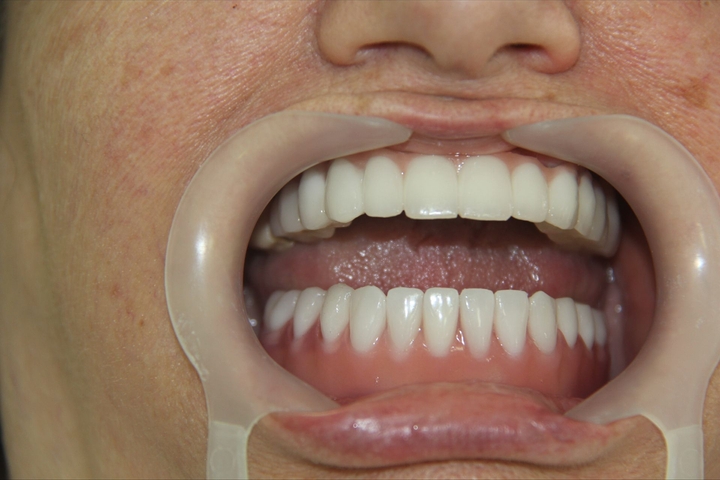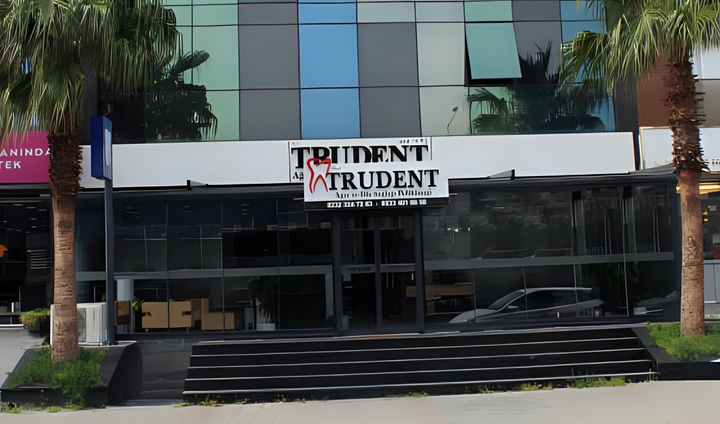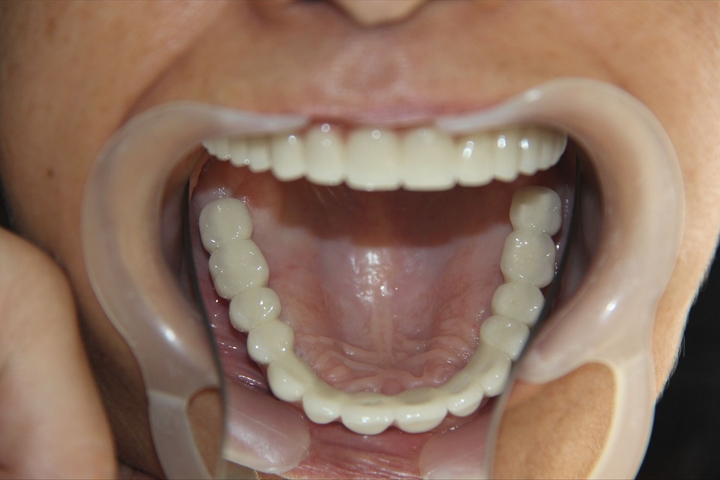Prostate Embolization for Benign Prostatic Hyperplasia (BPH) - Minimally invasive therapy | Uniclinic Frankfurt, Germany
Frankfurt am Main, Germany




Overview
Age group
Adults
Type of care
Outpatient
Method
Microinvasive
About the offer
What’s included
Medical service
- clinical history-taking
- medical records review
- physical examination
- consultation with an interventional radiologist
- complete blood count (CBC)
- blood type test (ABO, Rh)
- biochemical analysis of blood (kidney and liver function tests, electrolytes)
- inflammation blood tests
- coagulation studies
- urinalysis
- ultrasound imaging of the groin
- magnetic resonance angiography (MRA)
- post-procedure scan of the prostate
- pre-procedure patient preparation
- prostatic artery embolization (PAE) for benign prostatic hyperplasia
- post-procedure care
- symptomatic care
- doctor's fee
- cost of essential medicines
- cost of essential materials
- local anesthesia
- nursing service
- discharge medical records
- further recommendations
- follow-up consultations
Extra add-ons
AiroCare
Meet the provider
interventional radiology, interventional oncology, chemoembolization (TACE) & chemoperfusion (TACP)
Gallery


Customize this offer
If you're not seeing exactly what you need here, send your custom request. You can discuss the content, specifics, price & timeline to create a personalized plan.
Location
Theodor-Stern-Kai 7, 60596 Frankfurt am Main, Germany
FAQ
How long is the hospital stay?
The patient can undergo the treatment and go home on the same day. Normal activities can be resumed after a few days.
What are the complications?
Complications can occur with any medical procedure. In the case of prostate embolization, there can be complications caused by the intervention itself, such as bleeding or hematoma at the puncture site. There can also be complications from the procedure, such as bleeding during urination or defecation, infection of the prostate, or blood in semen. However, these complications are usually temporary and do not require special therapy. Severe complications requiring surgical intervention, such as bladder wall ischemia, may occur in less than 1% of cases. It is worth noting that complications such as impotence, retrograde ejaculation, or incontinence have not yet been observed.
What is the cost?
The total price for Prostate Embolization for Benign Prostatic Hyperplasia (BPH) - Minimally invasive therapy | Uniclinic Frankfurt, Germany is €18,321. However, it can vary from the specifics of each case. Get in touch to get an individual estimate.
Individual cost estimate. Non-binding 100% free assessment.

